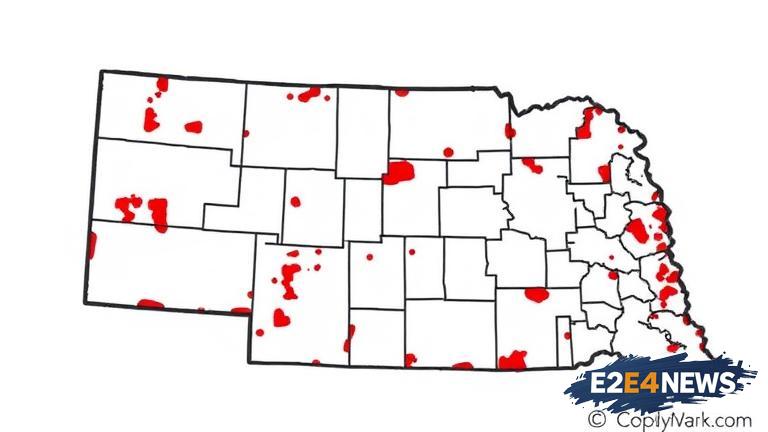The state of Nebraska has closed its fiscal year with a significant shortfall in revenue, falling $86 million below initial projections. This discrepancy has raised concerns among lawmakers and budget officials, who are now tasked with addressing the gap and ensuring the state’s financial stability. The revenue shortfall is attributed to a combination of factors, including a decline in sales tax revenue and lower-than-expected income tax receipts. As a result, the state’s budget for the upcoming year will need to be revised to account for the reduced revenue. This may involve making difficult decisions about where to allocate funds and potentially cutting back on certain programs or services. Nebraska’s budget concerns are not unique, as many states across the country are facing similar challenges in the wake of economic uncertainty. However, the state’s agricultural sector, which is a significant contributor to the local economy, has been impacted by drought and other weather-related issues, further exacerbating the revenue shortfall. Lawmakers will need to work together to find a solution to the budget crisis, which may involve a combination of spending cuts and revenue increases. The state’s governor has already begun exploring options for addressing the shortfall, including potential reductions in state agency budgets. Meanwhile, lawmakers are urging caution and emphasizing the need for a thoughtful and deliberate approach to budgeting. The revenue shortfall has also raised concerns about the state’s ability to fund key priorities, such as education and infrastructure. As the state moves forward, it will be important to strike a balance between fiscal responsibility and the need to invest in critical public services. The budget concerns in Nebraska serve as a reminder of the importance of careful financial planning and the need for flexibility in the face of economic uncertainty. In the coming months, lawmakers and budget officials will be working to develop a revised budget that takes into account the reduced revenue and ensures the state’s long-term financial stability. This will likely involve a series of difficult decisions and trade-offs, but ultimately, the goal is to create a budget that is both responsible and responsive to the needs of Nebraska’s citizens. The state’s budget concerns have also sparked a broader conversation about the need for tax reform and other measures to promote economic growth and stability. As the situation continues to unfold, it will be important to monitor developments and assess the potential impact on the state’s economy and citizens.
